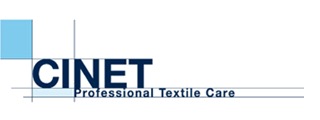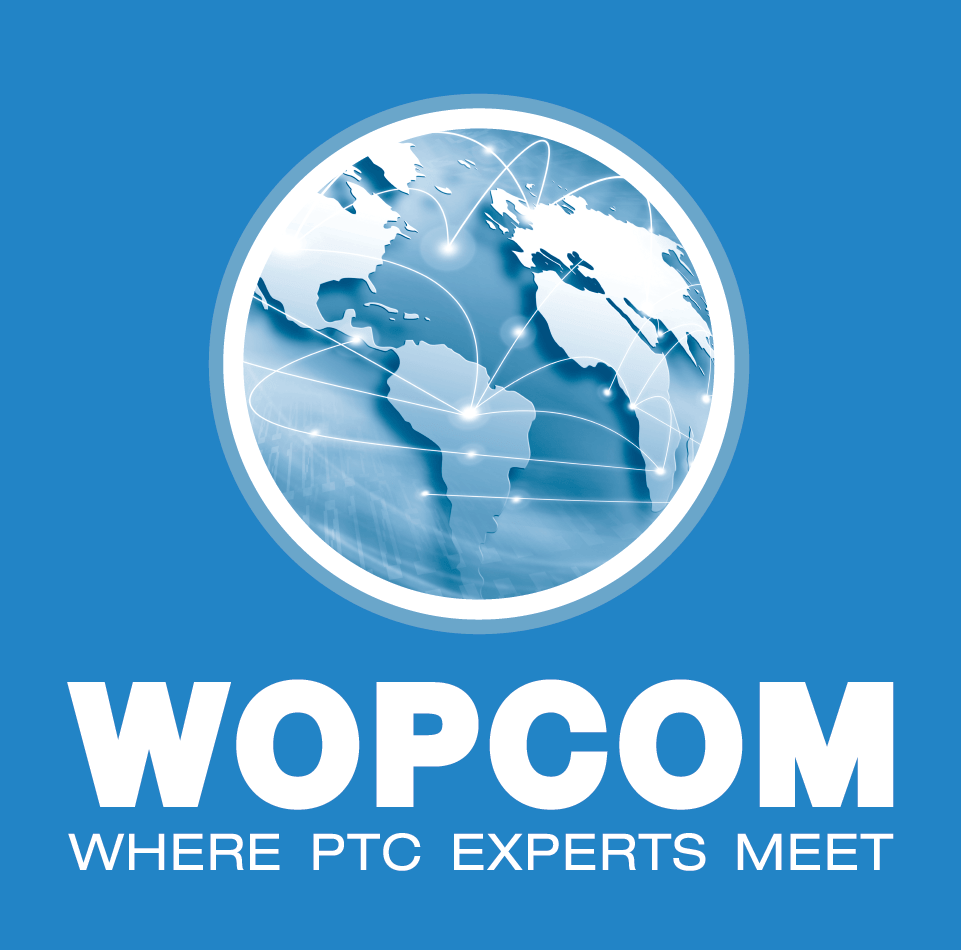Consultants & Experts
TKT
TKT is the knowledge centre tor textile cleaning as well as for industrial laundering / textile services. The centre coordinates research & development projects in the field of quality & hygiene, sustainability, energy efficiency, logistics & ICT and innovations. Therefore TKT is linked with international research institutes, universities and suppliers. CINET is represented in the board of Technological Knowledge Centre Textile care (TKT).

Contact this expert
Thanks for your message! We’ll be in touch soon.
More from this author
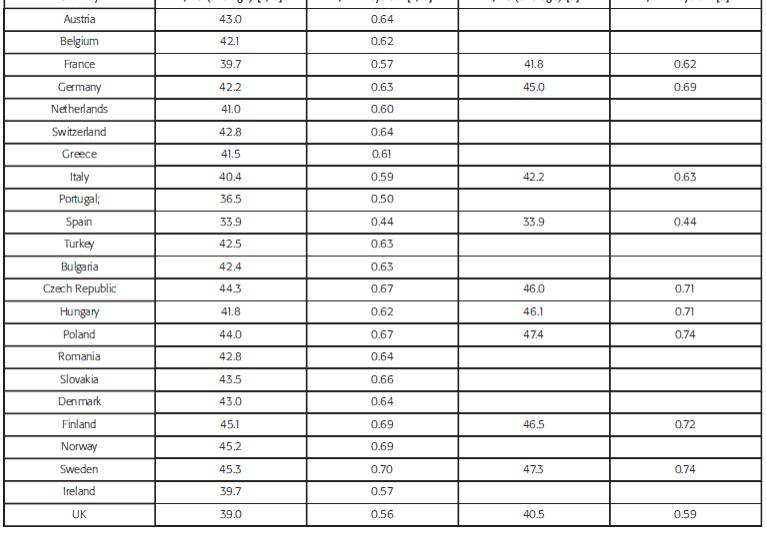
Sustainability Profile Professional Textile care
Main claims: Sustainable laundry by outsourcing domestic laundry: “>17% less energy!” “>24% CO2 reduction!” “Per washing cycle; >15 L of water savings (more than 35%)!” “Potentially more than 80% water savings: 3.477 L of water per person per year!” “Plastic soup: Domestic laundry more than 33%, professional laundry: 0.1%” Subclaims Professional hygienic laundry: “>33% Energy Savings and >38% reduction of CO2 emissions compared to…
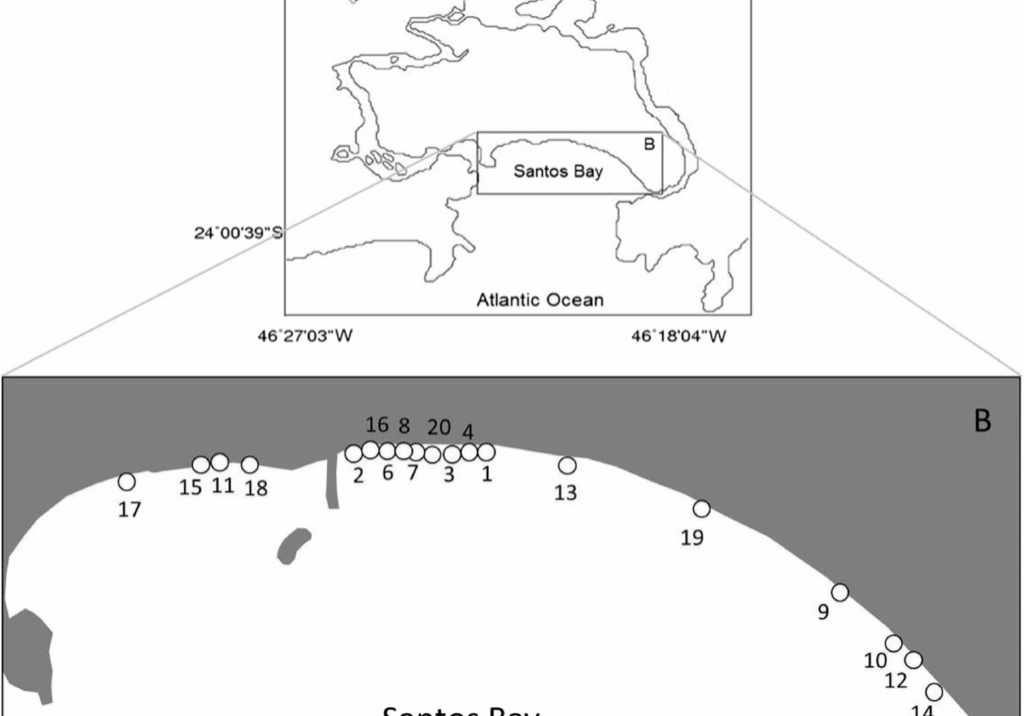
Quantifying microplastic pollution on sandy beaches: the conundrum of large sample variability and spatial heterogeneity
Mara Fisner1 & Alessandra P. Majer1,2 & Danilo Balthazar-Silva1,3 & Daniel Gorman1 & Alexander Turra1 Received: 21 September 2016 / Accepted: 20 March 2017 © Springer-Verlag Berlin Heidelberg 2017 Abstract Despite the environmental risks posed by microplastic pollution, there are presently few standardized protocols for monitoring these materials within marine and coastal habitats. We provide a…

Water and Energy Consumption in Domestic Laundering Worldwide – A Review
Water and Energy Consumption in Domestic Laundering Worldwide – A Review Henk Gooijer1 and Rainer Stamminger2 1 TKT, Ophemert, the Netherlands 2 Universität Bonn, Institut fur Landtechnik, Household and Appliance Technology Section, Bonn, Germany A literature review was executed to collect data on the resource consumption connected to domestic laundering processes. Data from literature on…
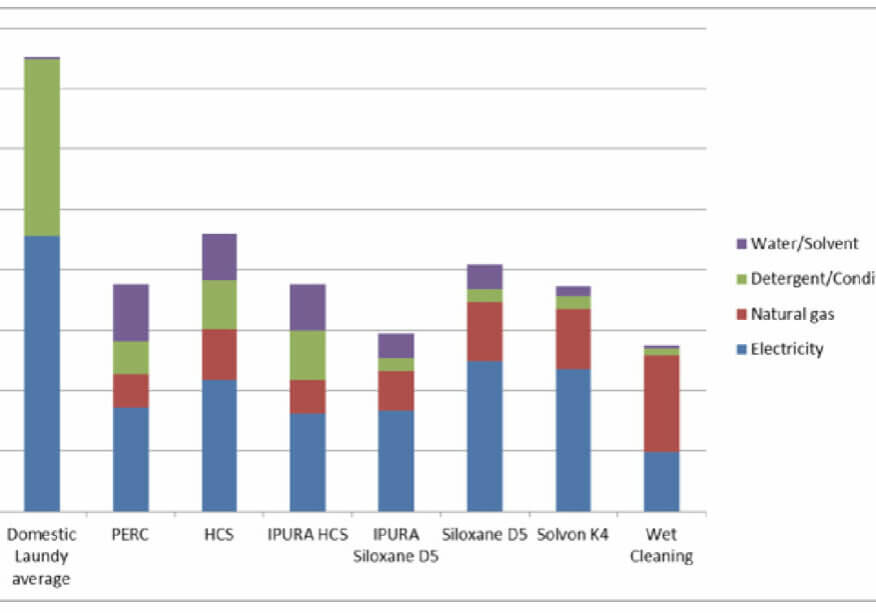
CINET study: Energy consumption of industrial laundry is up to 3 times lower than domestic laundering process
In the development of new processes and equipment, productivity and energy efficiency is the key issue. This is logical because labour and energy are the main cost drivers for an industrial laundry. Productivity refers to the produced items in a certain timeframe and the effort needed for that production. A large volume is beneficial for…

Enabling technologies for innovative textile cleaning
Daily life is taking place in an online world. Communication by face-to-face contact is negligible compared to the communication by phone, e-mail and social networks. These online communications are also getting more and more important for industries. Online ordering, billing and delivering are already becoming common habits. In the future sophisticated technologies and innovative concepts…
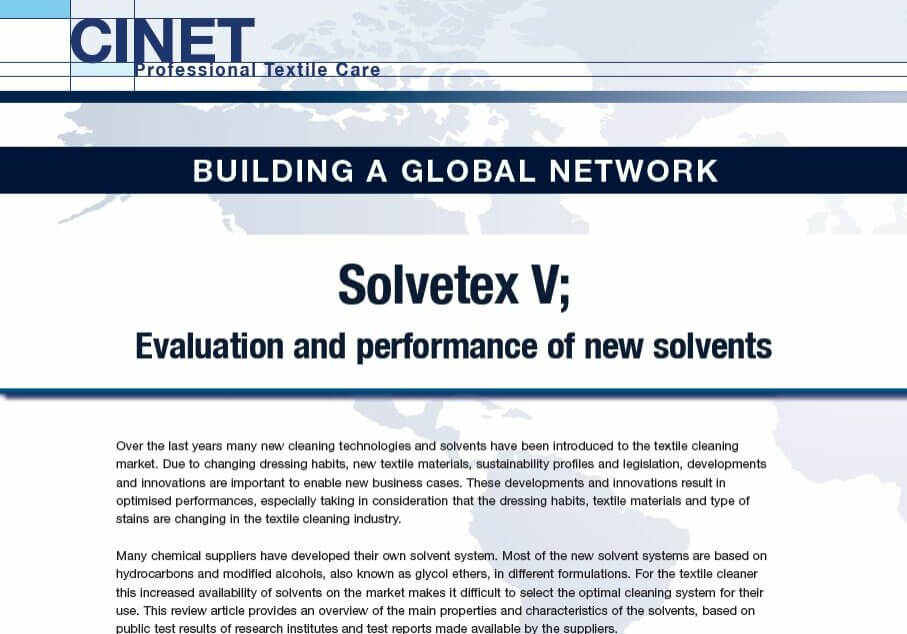
Solvetex V; Evaluation and performance of new solvents
Over the last years many new cleaning technologies and solvents have been introduced to the textile cleaning market. Due to changing dressing habits, new textile materials, sustainability profiles and legislation, developments and innovations are important to enable new business cases. These developments and innovations result in optimised performances, especially taking in consideration that the dressing…
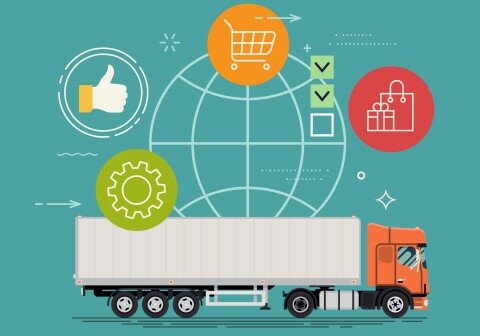
Enabling technologies for innovative textile services
The service component and the additional value the textile service industry can offer will become more important. This will be the most unique property and the strength of the industry. Companies that make full use of the service opportunities the technology offers, will stay healthy and gain customers. A new way of service provision is…

Certification and quality management
Pros and cons of modern times Over the last decades our world has become more transparent and smaller. The Internet and social media enable us to have instant contact with people and exchange information all over the world. This brings us closer to companies and people who reside on the other side of the globe.…
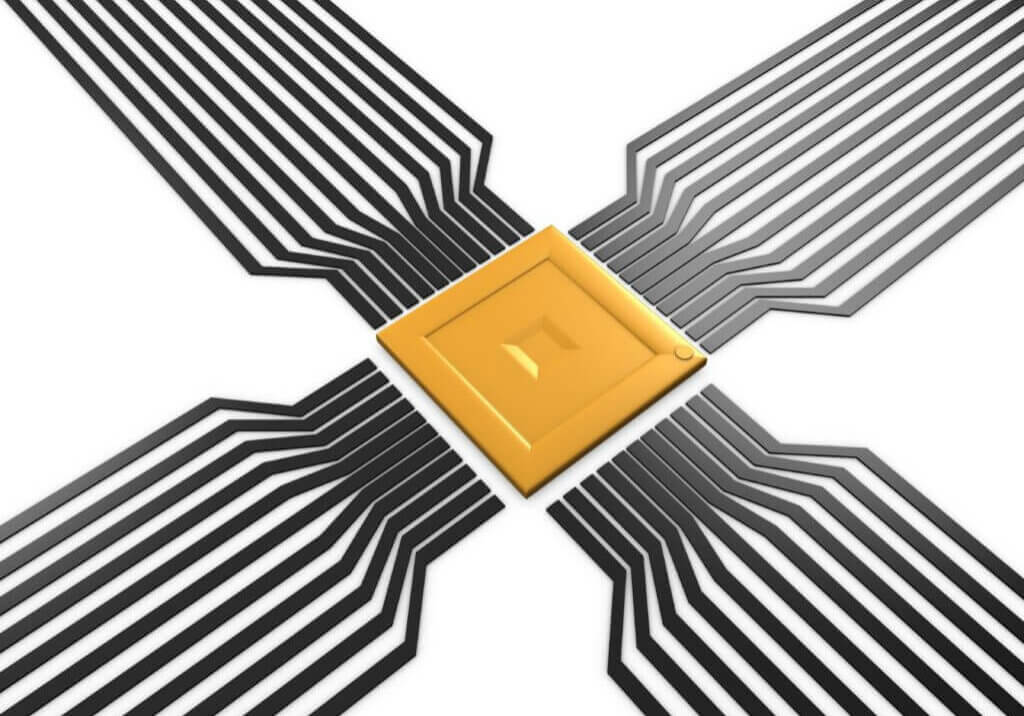
Optimize the return rate of textiles by RFID technology; business case of Angelica, largest health care laundry from the USA
Angelica, based in Georgia, U.S., was founded in 1878 and is the nation’s largest healthcare linen and medical laundry services provider. The company provides textile rental and laundry processing services to hospitals, clinics and long-term care facilities, helping them to meet their economic, safety, sanitation and patient satisfaction goals. RFID is a large part of…
